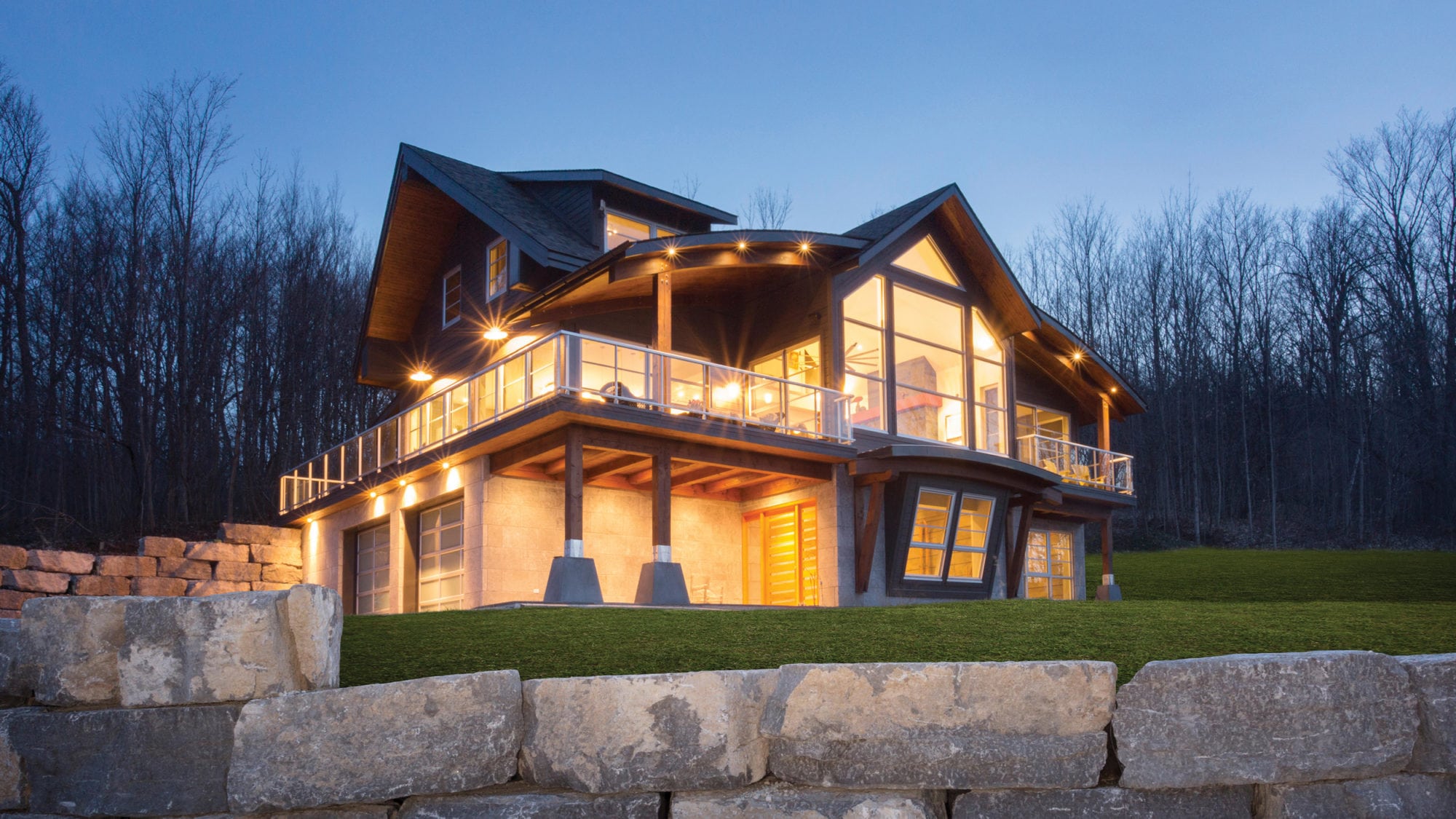Rural crime in Alberta has been on the rise for the past five years—a trend that worries law enforcement officials. We asked Jennifer Kee, crime reduction coordinator with the RCMP’s K Division in Edmonton, for tips on how rural homeowners can protect their property.
Where should one hide spare keys?
Don’t hide spare house keys on your property. Perpetrators know all the hiding spots—under the doormat, in the flower planter—so it’s best to leave keys with a neighbour or family member, even if they live a few kilometres away. The other option is to switch to a keypad entry system, which eliminates the need for a spare key.
And car keys?
Many people in rural areas leave a spare set of keys in their vehicle. If their primary keys fall out of their pocket while they’re working the land, they’re gone forever. We strongly discourage that practice: It’s one of the most common ways vehicles are stolen in rural areas. Again, leave the keys with a neighbour. Also, don’t leave anything of value in plain sight, even if it’s just a handful of change. You may know that its only 15 cents, but a thief thinks there’s more money and they’ll smash your window to find out.
MORE TO READ
The basics of insuring your home in Alberta
Are there other tech solutions?
Try a monitored camera and alarm system. Post signs on your property indicating the system is monitored. If you can’t afford a functional camera, there are fake surveillance cameras that look like the real thing. More often than not, thieves won’t stick around to determine if yours actually works.
What about property that’s stored outside the house?
Thieves are often more interested in what’s outside a house than what’s inside. So store ATVs, snowmobiles and other recreational toys in a locked barn or storage area. There are also quick and easy ways to disable machines—even if it’s a matter of taking out the black box—so your ATV can’t be easily rolled away.
What precautions can homeowners take at night?
Make it look like someone is at home. If you’re not there, put your lights on a timer. We also recommend motion sensors. The purpose isn’t necessarily to alert the homeowner; it’s to scare away perpetrators who don’t want to risk being seen.
MORE TO READ
Four steps to a successful basement renovation
Anything else rural homeowners should be mindful of?
A nice thing about country living is having lots of greenery on your property. But make sure you’re not creating hiding spots for thieves. Avoid shrubbery near your front door and windows where people can crouch. And keep it trimmed low along your driveway. You should be able to see anyone approaching your property, and conversely, your place should be visible from the road. It’s nice to have privacy, but remember: the features that create privacy also give cover to perpetrators.
DON’T FORGET!
A few more safety-first tips for rural homeowners
The best defence: A fence around your property, plus a stout gate at the driveway (or entrance laneway) can help to deter trespassers. Keep the gate locked even if you’re at home.
Get to know your neighbours: The more eyes looking out for one another—and for suspicious activity—the better. Crime prevention is a community effort.
Don’t confront a perpetrator: Consider your safety if you come across a crime in progress. Personal property can be replaced, people can’t. Call 9-1-1.
Ensure address awareness: Make sure your kids know your physical address. It should be visible at the end of your driveway—to help first responders.
